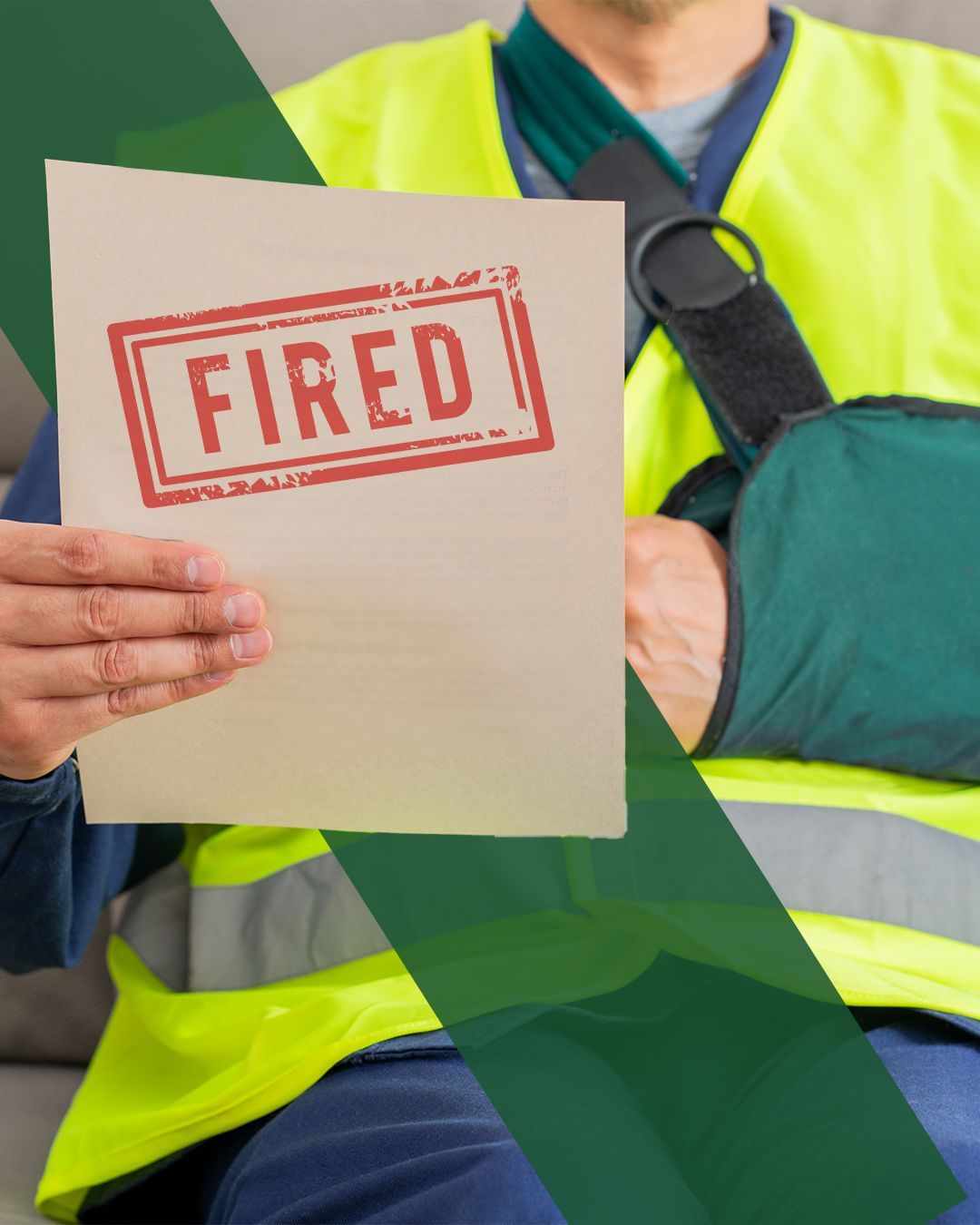Why Pennsylvania Teens Shouldn’t Drive at Night
Young Driver Restrictions in Pennsylvania
Every young person dreams of the day they can finally begin practicing their driving skills and test for a license. However, it is not uncommon to be shocked by the restrictions that come with this privilege. Although Pennsylvania is a bit more lenient on drivers with a junior license (often referred to as a "provisional license" in other areas), the state is adamant about young drivers staying off the roads late at night. Here is what you need to know.
What is the Nighttime Driving Restriction?
With both a learner's permit and junior license, young drivers are not permitted to be on the roads between the hours of 11 pm and 5 am. Few exemptions do apply, however, including:
- Employment.
- Volunteer activity.
- Charitable service.
If a driver under 18 is on the road for one of these exemptions, they must remember to have appropriate documentation noting why. They should also drive the shortest route to and from their place of activity without making unnecessary stops.
What Makes Nighttime Driving So Dangerous?
Over the years, many states have implemented nighttime driving restrictions for young drivers because of the increased risk of crashes late at night. According to the Insurance Institute for Highway Safety (IIHS), about 40% of teen driver fatalities occurred between the hours of 9 pm and 6 am in 2019 alone. Here are a few things to remember:
- The incidence rate of drunk driving increases into the night.
- Drowsy driving becomes more frequent at night, especially for younger drivers.
- Low visibility may make oncoming hazards harder to see.
It's important to understand that there is to be an overall increase in crashes for drivers of all ages from the after-work rush hour until the next morning. On a larger scale, about one-third of all driver fatalities occur in these hours.
You Want to Protect Your Kids— We Can Help.
At Slusser Law Firm, we are committed to protecting your family by doing whatever it takes to get you the desired results in your case. If you or a loved one sustains an injury in a car crash, no matter the time of day, we will be here to provide the dedicated and compassionate representation you deserve.
Call to schedule a consultation with a member of our team to discuss your legal options.




